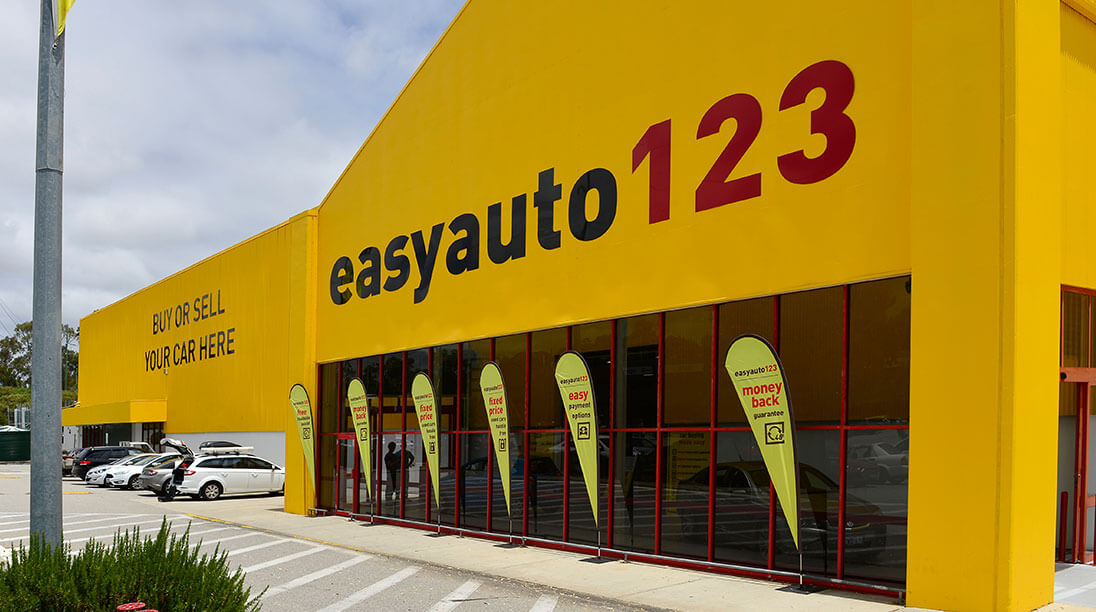According to Wrong Fuel Rescue, Australia’s leading specialist in misfuelling recovery, tens of thousands of Australians are filling their cars with the wrong fuel which is cumulatively costing millions of dollars in unnecessary costs a year.
The problem appears to be especially pronounced where drivers are not the actual owners or regular drivers of cars and where multiple users are filling up. Fleet vehicles, executive cars, demonstration vehicles at dealerships and customer cars in service workshops appear to be especially vulnerable.
The problem is a real headache for fleet managers who are having to organise tow trucks, the booking of service workshops plus the cost of flushing out the fuel system of the car. Managers then need to cover for loss of use of the vehicle by organising alternative transport. On top of those costs, the company is faced with lost productivity, missed appointments and loss of revenue.
Wrong Fuel Rescue helps thousands of businesses and motorists with this problem each year and offers various packages for individual owners and for companies up to packages of 100 cars.
The company’s national team provides a 24/7 roadside mobile service with a specially equipped, environmentally endorsed vehicle to drain and flush the fuel system. The aim is to have te vehicle driving again within the hour.
Prices vary according to whether the car was started or not but just draining the tank can cost hundreds of dollars. If the car has been driven and suffered engine failure the owner is facing thousands in potential repair bills.
The founder of Wrong Fuel Rescue, Yan Van De Velde, says the most common mix-up, which accounts for 90 per cent of misfuelling, is people putting petrol into a diesel vehicle because the petrol nozzle fits into the diesel fuel filler neck.
“The nozzle for diesel won’t fit in a petrol car, making this less common,” he said.
Another misfuelling error is adding AdBlue into the fuel tank rather than the separate tank specifically designed to take the diesel exhaust fluid, which is used in conjunction with a selective catalytic reduction (SCR) system.
The company says: “As far as fuel mix-ups go, AdBlue in diesel or AdBlue in petrol is about as bad as it gets.”
The company says AdBlue is not designed for the engine, is not a fuel additive and is incompatible with all vehicle fuel systems. If driven it can often result in expensive repair costs with the need to replace numerous parts and components.
Mr Van De Velde said that while you can potentially ruin a car by misfuelling, in most cases attended by Wrong Fuel Rescue the vehicle can be saved.
Petrol has the potential to cause serious damage to the fuel injection system and the engine. The resultant damage is not covered under warranty and insurance policies may not provide cover for the mistake.
“If you do realise you’ve put the wrong fuel in the tank, don’t start your car. If you’ve already started driving, stop as soon as is safe. The further the wrong fuel moves along your fuel system, the increased potential for a more expensive repair bill,” Mr Van De Velde said.
“There are usually a combination of reasons for someone to make the simple mistake of putting the wrong fuel in their car. Rushing, tiredness, unfamiliarity of a vehicle especially if it’s a work car and distractions at the pump tend to be the most common reasons behind the mix-ups,” he said.
The company offers four tips to reduce the chances of misfuelling:
- Be wary when you switch between brands that use different hose or nozzle colours.
- Concentrate. It is easy to forget which car you’re filling if you swap cars (using different fuel) at home or work. Always double check.
- Talking with passengers while filling up can be a major distraction. Keep your mind on the job.
- Take your time. Slow down if you are in a hurry or running late.
And who are the worst offenders? Men or women?
“Statistics show men are actually the worst offenders for misfuelling, making up for around 80 per cent of the rescues we attend every day,” Mr Van De Velde said.
By John Mellor













 Read More: Related articles
Read More: Related articles

